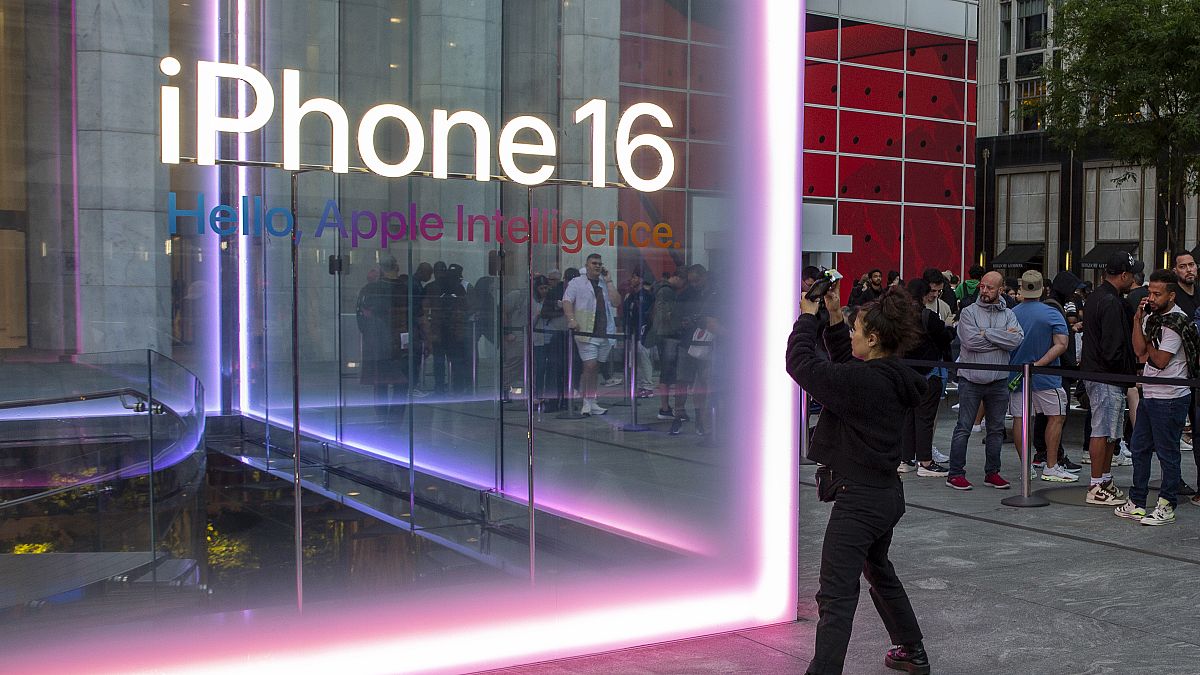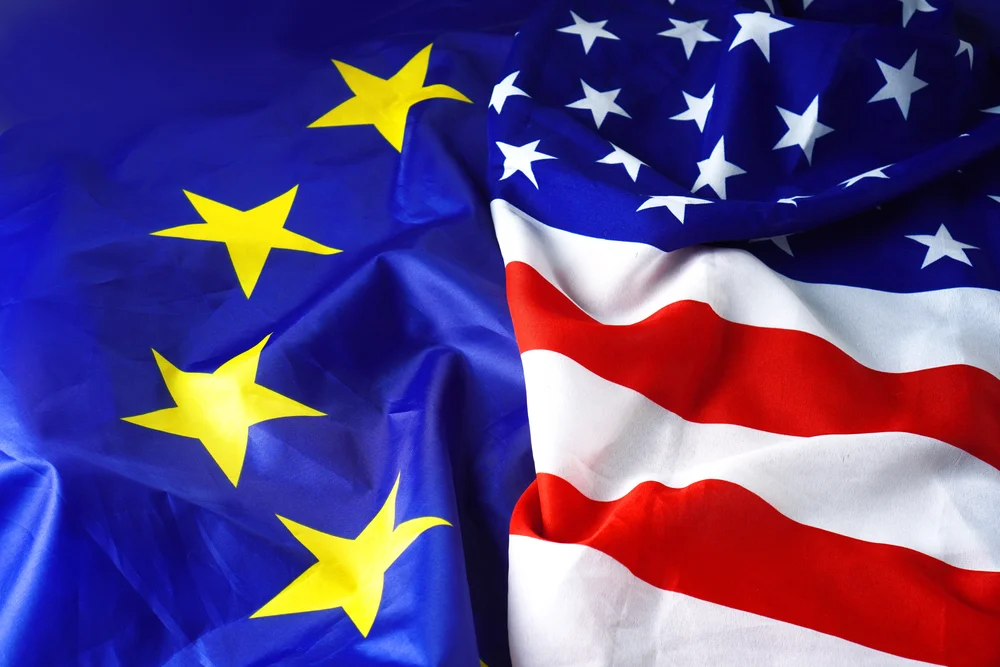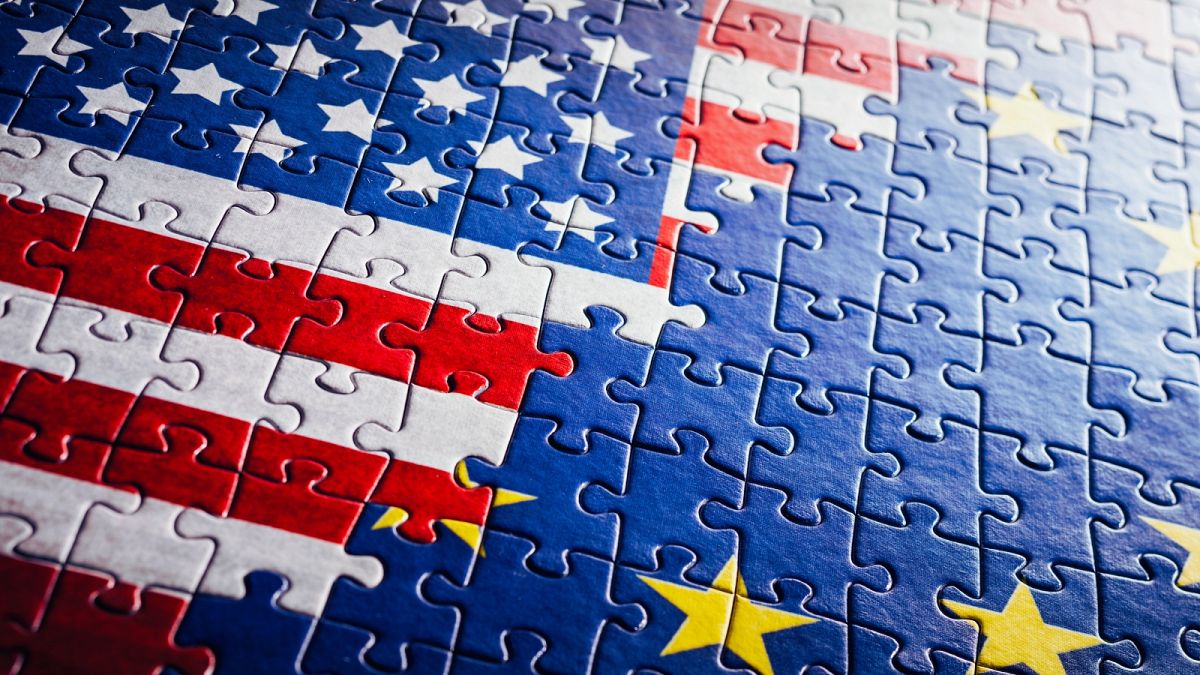Tech
Why OpenAI’s Voice Mode, Meta, and Apple’s AI aren’t in Europe yet

Experts say it comes down to EU regulation but could also be a tactic to slow down the rules,
As the technology giants announce their latest artificial intelligence (AI) models, consumers in Europe will have to wait before being able to use them and that’s if they arrive at all.
The main reason for this is due to legal uncertainty as Europe has stricter regulations, the tech companies say. But experts argue it could also be a way of putting pressure on European Union policymakers.
ChatGPT’s Advanced Voice Mode launched in the UK last week – but not in the EU. This could be due to concerns about Europe’s General Data Protection Regulation (GDPR), which requires some products to be reviewed by the EU data commissioner before launch.
However, Advanced Voice Mode is the only OpenAI feature not to reach Europe yet, so it could be a matter of time before it does.
“Europe is a key region for us and we’re committed to working with European Institutions to offer our products here,” an OpenAI spokesperson told Euronews Next.
‘Pressure on policymakers’
However, two tech titans have decided not to launch in Europe at all.
Apple announced its AI-capable iPhone 16 at its developer conference last month, but the AI technology will not reach Europe. Apple has specifically said this was due to complications the company would face under the EU’s Digital Markets Act (DMA).
Apple would have had to open up its iOS system and API products to third-party developers and offer users the ability to choose other AI products to potentially integrate into the new iPhones, which Apple has said would create security hazards.
Several weeks later, Meta also had its developer conference and announced upgrades to its Llama AI product. But that too will not be coming to Europe. The Instagram and Facebook parent company said this is due to concerns about Europe’s GDPR rules.
Both companies also did not sign a so-called EU AI Pact, a non-binding agreement that demonstrates their commitment to the EU AI Act. But so did the French AI champion MistralAI and US company Anthropic.
Euronews Next reached out to Apple, which did not reply at the time of publication, and Meta, which said it did not have a spokesperson available.
“I think this is a larger issue of EU regulations forcing US companies to consider whether they will release products in Europe,” said Bill Echikson, senior fellow at the Digital Innovation Initiative and editor of Bandwidth at the Centre for European Policy Analysis.
“The main reason is legal uncertainty, the fear they may break regulations. And it also could be a way of putting pressure on EU policymakers to slow down regulation,” he told Euronews Next.
Giorgos Verdi, policy fellow at the European Council on Foreign Relations, agreed that not rolling out AI technology could be a company strategy to apply pressure to the EU “in order to create policy and regulatory changes”.
“It has long been the demand of these companies to either remove some of these obligations altogether or simplify them. And so this is a great tactic,” he told Euronews Next.
What is the impact?
Verdi said that on the flip side, some companies are losing money from not launching in Europe so they may change tact.
The latest example of this was with Google’s AI chatbot Bard, which initially did not roll out in Europe due to not meeting GDPR but did so later in 2023, after engaging in some regulatory dialogue with the Irish Data Commission and European regulators.
“We have to see how much they choose to withdraw their products from Europe, and I would argue that it may not be long actually because Europe and its single market remains a very lucrative market for these tech companies,” Verdi said.
As for European consumers, the impact of not having the AI models is minimal, Verdi said as most citizens don’t want to see their data being mishandled or don’t want innovation without any safeguards.
Some in the European tech industry have also told Euronews Next that the EU AI Act may create additional regulatory barriers that will benefit American and Chinese competition and reduce opportunities for European AI champions to emerge.
Competitiveness could be another barrier for Europe that gets in the way of smaller European companies.
“At the end of the day, competitiveness is not only about innovating new products but also being able to integrate these products so that they enhance the competitiveness and the productivity of European companies,” Verdi said.
The final impact of AI models not rolling out in Europe is that it could increase the fragmentation between the US and European markets.
“So far the effect has been limited. But European regulators must also ensure that this doesn’t continue in the interest of both European citizens and American citizens,” said Verdi.
“These two markets should continue cooperating for continued trade between them rather than pushing for more technological fragmentation, as we have seen lately”.










